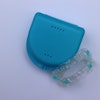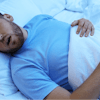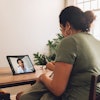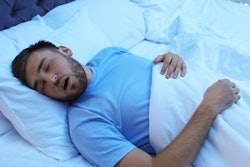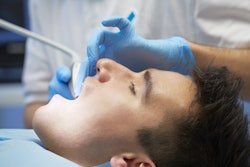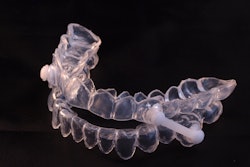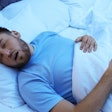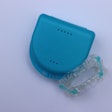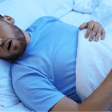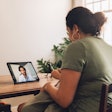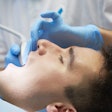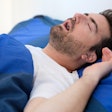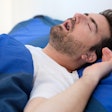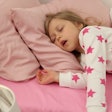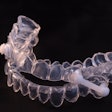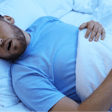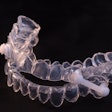The popular social media trend of mouth taping during sleep may improve obstructive sleep apnea (OSA), snoring, and bilevel ventilation, but more research is needed. This review study was recently published in the American Journal of Otolaryngology.
This is the first review on mouth taping, highlighting limited evidence and a lack of evaluation for social media claims, the authors wrote.
"Three areas that show some promise are mouth-taping as a treatment for obstructive sleep apnea, snoring, and mouth leak,” wrote the authors, led by Sarah K. Fangmeyer of George Washington University (Am J Otolaryngol, December 4, 2024, Vol. 46:1, 104545).
Nighttime mouth taping involves taping the mouth to promote nasal breathing. Supporters claim it offers benefits like improved energy, immune function, skin, digestion, and even a sharper jawline while reducing issues like brain fog, gum disease, and bad breath, they wrote.
This scoping review involved searches of PubMed and Embase on July 5 and August 23 using terms related to sleep mouth taping. Of 177 studies identified, nine met the inclusion and exclusion criteria, they wrote. To examine social media claims, a TikTok search for mouth taping on February 22 identified 50 clips that met the criteria.
Two studies reported significant improvements in OSA metrics, one with mouth taping alone and another with mouth taping plus the use of a mandibular advancement device. In non-OSA patients, one study found reduced snoring when mouth taping was combined with other measures. A study on asthma found no benefit from mouth taping, but another study showed it effectively reduced mouth leaks during bilevel ventilation.
On TikTok, mouth-taping benefits were widely promoted. The most common claims were improved sleep and oral health, including cavity prevention (24%), reduced morning bad breath (22%), and relief from dry mouth (18%), though only 20% of videos mentioned potential risks, they wrote.
However, one video warned it could worsen snoring, and 4% highlighted the risks for individuals with sleep apnea, allergies, asthma, or nasal obstruction. Only 24% of TikTok videos featured medical professionals, and only two referenced specific research studies.
The review study, however, had limitations. The main limitation was the small number of studies, resulting in highly variable data that complicates cohesive and nuanced assessment, the authors noted.
"Additional robust research is crucial to evaluate mouth-taping and its potential role in clinical practice," Fangmeyer and co-authors concluded.


